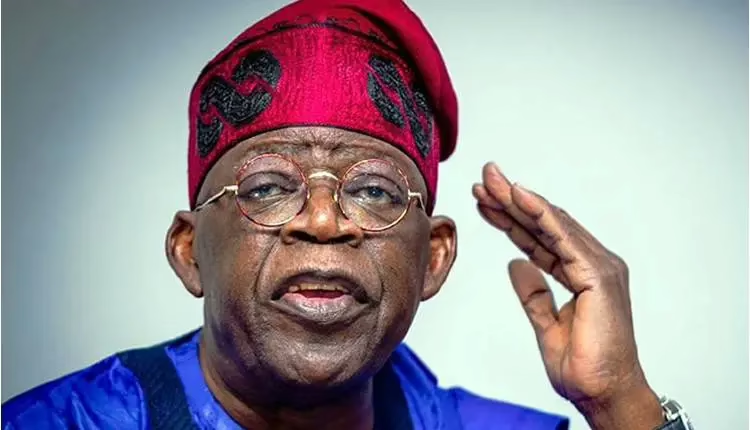In a move that has sparked widespread debate and ignited discussions across the nation, President Bola Tinubu has stepped forward to clarify the motivations behind the controversial removal of the fuel subsidy. Beyond the headlines and the immediate impact on fuel prices, the decision reflects deeper economic calculations and long-term strategic goals that aim to reshape Nigeria’s financial landscape. As citizens grapple with the changes at the pumps, understanding the real reasons behind this bold policy shift offers a crucial lens through which to view the government’s broader vision for sustainable growth and fiscal responsibility.
Understanding the Real Reason Behind the Removal of Fuel Subsidy by Tinubu with an Emphasis on Economic Implications and Strategic Recommendations
President Tinubu’s decision to remove the fuel subsidy stems from a pressing need to stabilize the nation’s economy amidst soaring fiscal deficits and unsustainable subsidy expenditures. By channeling funds previously lost to subsidy programs into critical sectors, the government aims to ignite economic growth, reduce inflationary pressures, and enhance infrastructural development. Key economic implications include:
- Increased government revenue: Reducing fuel subsidies frees up billions of naira for debt repayment and social investment.
- Market-driven fuel pricing: Encourages efficiency, reduces black-market activities, and attracts private investments.
- Short-term inflation rise: A necessary challenge to correct long-term economic distortions.
Strategic recommendations to cushion the impact entail targeted relief policies, such as supporting vulnerable households and investing in public transportation infrastructure to reduce reliance on fuel.
| Aspect | Pre-removal Scenario | Post-removal Outlook |
|---|---|---|
| Government Spending | High subsidy drains resources | Redirected to social and economic programs |
| Fuel Price Stability | Artificially low but unsustainable | Market-driven with natural fluctuations |
| Economic Growth | Constrained by fiscal deficit | Potential for increased investment and expansion |
In unveiling the real reason behind the removal of the fuel subsidy, President Tinubu invites us to look beyond the surface and consider the broader economic landscape. While the decision has sparked debate and uncertainty, it underscores a crucial pivot towards sustainable fiscal management and long-term national growth. As Nigeria navigates this challenging transition, the true measure of success will lie not just in immediate relief, but in the nation’s ability to harness these changes for a more resilient and prosperous future. Only time will tell how this bold move shapes the path ahead.




















0 Comments